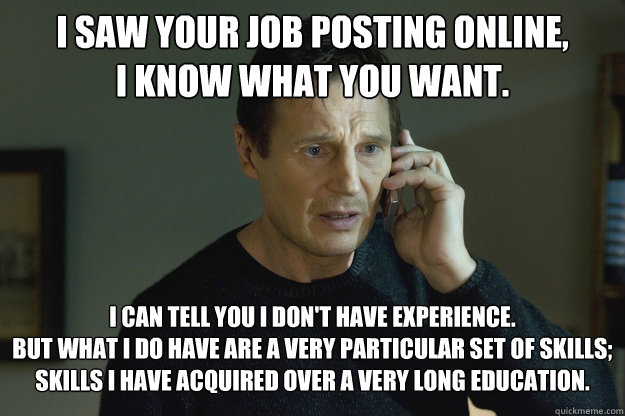Most Rice students do something outside of their classes. Whether it’s a cultural club, service group, or sports team, extracurriculars are often just as significant in shaping our experiences and development as our coursework. These experiences can shape our thoughts about a career and can even lead us to a job, so it’s important to know how to incorporate them into a resume. Here are 5 tips for depicting your extracurricular experiences on your resume:
Tip 1: Don’t have an “Extracurriculars” Section

Rather than create an “extracurricular” section on your resume, incorporate your experience into sections that highlight the type of work you did. If you’ve held a leadership position in Engineers Without Borders, place that under “Leadership Experience.” If you’ve done extensive volunteer work with RSVP, describe that under “Volunteer Experience.” Some extracurricular experiences are even paid, so if this applies, consider describing what you did under “Work Experience.” Incorporating your extracurricular experiences into an existing framework emphasizes how your accomplishments fit into these different categories. It also makes it easier for employers to see how you have displayed leadership, volunteerism, and work.
Tip 2: Give background and context (but not too much)

Rice is full of acronyms and terms that the majority of people outside the hedges do not understand. Unless your employer is a Rice alum, it is highly unlikely that he/she knows what the CCD, OAA, OEDK, or BRC is. Similarly, Beer Bike, O-Week, and any event or position relating to residential colleges is likely to confuse your resume reader. So give them some context and background! For most acronyms, simply spelling them out will give your reader clarification (instead of CCD, write “Center for Career Development”). To translate Rice lingo, include a brief explanation of the event or position in a bullet point: “Planned and led a week of orientation activities to introduce 100 new students to academic and social life at Rice and their residential college.” However, don’t go overboard in describing the history or mission of an organization or event. If an employer needs more clarification, they will likely ask in the interview. Just give enough context for them to have an idea of what you did and how it aligns to the job you are seeking.
Tip 3: Quantify, quantify, quantify

This tip applies to all experiences on your resume, however it is often overlooked when it comes to describing extracurriculars. Even if you weren’t analyzing data or managing money, you can quantify your extracurricular experiences. If you worked with people, how many did you work with? If you planned events, how many? Did you or the organization use a survey to gather feedback after a program? Highlight a finding or statistic that speaks to your contribution! Quantifying your experience not only gives employers information about the extent of your work, it showcases your ability to think quantitatively and present data.
Tip 4: Highlight transferable skills

If there is one tip you remember after reading this post, it should be this one! Some of your extracurriculars may seem distantly connected to the job you want, but there are skills you used that employers want you to use. Transferable skills are those that apply to a variety of jobs, and they are everywhere in extracurriculars at Rice. Have you been a Beer Bike or O-Week Coordinator? You probably won’t be coordinating Beer Bike or O-Week again for your potential employer, but you very well may be asked to plan an event, balance a budget, and recruit a team of staff. Highlight these skills in your resume through your choice of action verbs. The CCD’s resume guide has a great list of action verbs to showcase your transferable skills, so check it out!
Tip 5: Don’t sell yourself short!

It may seem that your duties as treasurer or secretary in a student org pale in comparison to the groundbreaking research you assisted with in the BRC, but that doesn’t mean your contributions didn’t make an impact. Your extracurriculars contribute to your experience and skillset in ways similar to and different from your classes. Your resume is your opportunity to briefly show this to employers. You never know, it may be your extracurricular experience that puts your resume to the top of the pile and lands you an interview!
I hope these tips help. Remember, the CCD staff and PCAs are trained in resume reviewing, so seek us out if you ever have questions or just want a pair of eyes to look over your work.Schedule an appointment for a resume review on RICElink, drop by during walk-in hours (every weekday at Huff House, 12-1PM), and attend resume workshops (check out the full list on RICElink). Best of luck writing your resumes!
AJ Barnes is the Head Peer Career Advisor from Martel College. He is a senior studying cognitive science, linguistics, and neuroscience.
